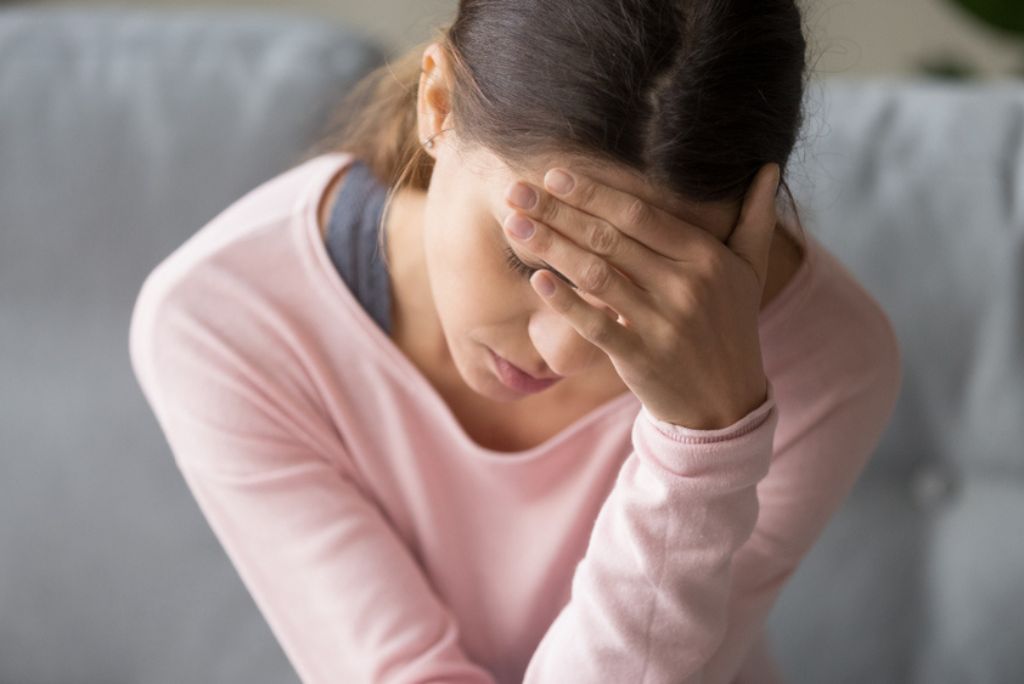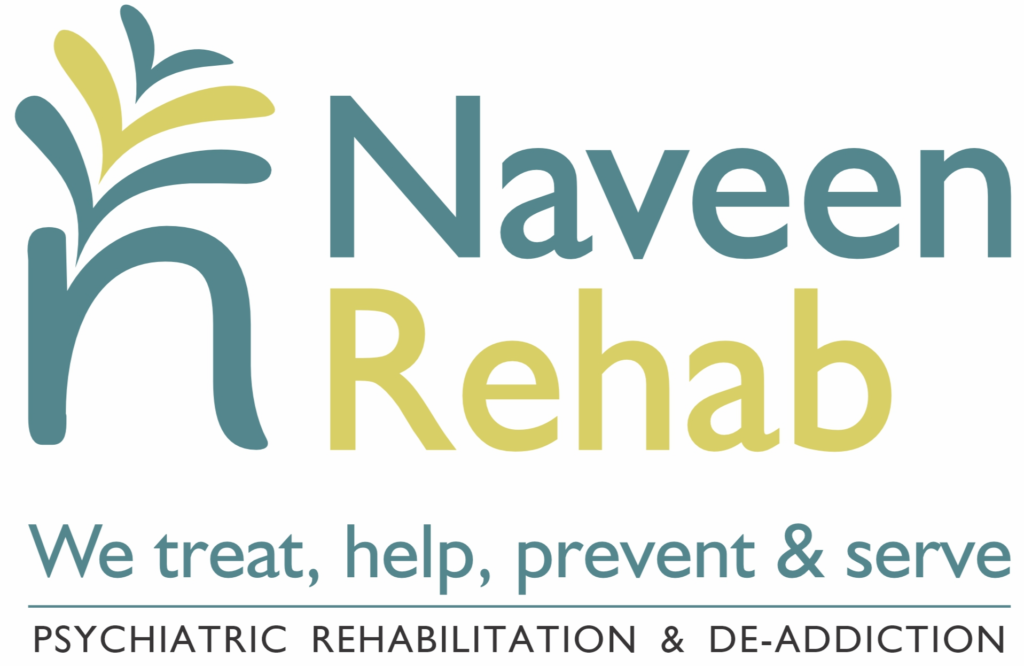Rehab for Mental Illness
Rehabilitation for mental illness in Coimbatore—providing compassionate care and support for lasting mental well-being at Naveen Rehab.

Mental Rehabilitation Center in Coimbatore
Mental health is key to overall well-being, and rehab for mental illness offers the support needed for individuals facing challenges like depression, anxiety, and schizophrenia.
At Naveen Rehab, being a trusted mental rehabilitation centre in Coimbatore, we provide personalized care through a combination of medical treatment, therapy, and lifestyle guidance. Our team of experienced professionals works closely with each individual to ensure a comprehensive recovery.
Choose Naveen Rehab for expert, compassionate care that helps individuals regain control over their lives and achieve lasting mental well-being.
- What?
- Why?
- How?
A rehab for mental illness is a specialized facility that helps individuals suffering from mental health conditions like depression, anxiety, bipolar disorder, schizophrenia, and other psychological challenges. These centers focus on providing a supportive, structured environment where patients can work on their mental recovery. At Naveen Rehab, we offer comprehensive programs that include medical treatment, therapy, and counseling to help individuals understand and manage their conditions. Through personalized care, patients receive the support they need to heal and develop the skills necessary for coping with life’s challenges. The goal is to promote long-term mental well-being and empower individuals to live a fulfilling life.
Depression can affect not only emotions but also how a person thinks, feels, and handles daily activities. People with depression may struggle to find motivation, leading to difficulties in completing tasks, maintaining relationships, and even taking care of themselves. In severe cases, depression can make it challenging to get out of bed, make decisions, or engage in activities that once brought joy. These symptoms can vary in intensity, with some individuals experiencing episodes of mild depression, while others may face more severe and prolonged depressive episodes.
Understanding that depression is a treatable condition is essential. With the right combination of therapy, lifestyle changes, and, in some cases, medication, many individuals find ways to manage symptoms and improve their quality of life.
Mental rehabilitation is crucial for helping individuals overcome mental health challenges and regain control of their lives. It is important for several reasons:
- Addresses Underlying Causes: Mental rehab focuses on understanding and treating the root causes of mental health issues, not just the symptoms.
- Provides a Structured Environment: Rehab centers like Naveen Rehab offer a controlled, safe environment for individuals to focus entirely on recovery, free from external stressors.
- Helps Manage Symptoms: Rehab programs help individuals reduce the severity and frequency of symptoms, leading to more manageable daily life.
- Enhances Emotional Resilience: Therapy and counseling sessions help individuals develop the emotional strength to handle life’s challenges, such as stress and anxiety.
- Improves Quality of Life: With proper treatment and support, individuals can rebuild personal relationships, perform better in work and school, and find joy in daily activities.
- Long-Term Mental Well-Being: Mental rehab equips individuals with coping strategies and tools that ensure long-lasting recovery, even after the program ends.
By addressing these critical aspects, mental rehabilitation provides a clear path to healing and long-term well-being.
At Naveen Rehab, we offer a comprehensive approach to mental rehabilitation that combines personalized care with a range of therapeutic interventions. Here’s how we assist our patients:
- Personalized Treatment Plans: We create customized rehabilitation plans tailored to each individual’s specific mental health needs, ensuring effective recovery.
- Medical Care and Monitoring: Our center provides constant medical supervision to monitor the patient’s progress and ensure the effectiveness of treatments.
- Therapy and Counseling: We offer a variety of therapies, including individual counseling, group therapy, and family support, to address emotional and psychological needs.
- Therapeutic Activities: Engaging patients in recreational and therapeutic activities helps them relax, improve social skills, and focus on their recovery.
- Life Skills Development: We teach essential life skills that help patients manage daily challenges, improve self-confidence, and prepare for life outside the rehab center.
- Post-Rehabilitation Support: After completion of the program, we offer continued care and follow-up support to ensure sustained mental well-being.
This integrated approach ensures that every individual receives the support needed for a successful and lasting recovery.
Understanding Mental Illness vs. Psychiatric Disorders
- Mental Illness is a broad term that refers to various conditions affecting how someone thinks, feels, or behaves. It can range from stress, anxiety, and depression to more complex issues like bipolar disorder or schizophrenia. Think of it as an umbrella term that covers all kinds of mental health struggles.
- Psychiatric Disorders are a subset of mental illnesses. These are more specifically diagnosed by a psychiatrist based on medical criteria and may often require a combination of therapy, medication, or other medical interventions. For example, schizophrenia and clinical depression are psychiatric disorders.
Not all mental illnesses are psychiatric disorders. For instance, someone might experience anxiety due to a stressful situation, but it may not necessarily be a psychiatric disorder unless it becomes severe and persistent.
Psychiatric disorders are typically more severe and require a structured, often medical, approach for treatment.
How rehabilitation helps in both cases
Mental Illness rehabilitation helps individuals regain control over their thoughts and emotions through counselling, therapy, and support groups. It focuses on teaching coping mechanisms, building resilience, and helping them return to a normal lifestyle.
Example: Someone experiencing mild depression might benefit from talk therapy, relaxation techniques, or engaging in community activities.
For Psychiatric Disorders Rehabilitation combines therapy, medical care, and skill-building activities. It works alongside medical treatment (like prescribed medications) to help individuals manage their symptoms and lead independent, productive lives.
Example: For someone with bipolar disorder, rehab might involve medication management, stress-relief techniques, and vocational training to integrate them back into society.


